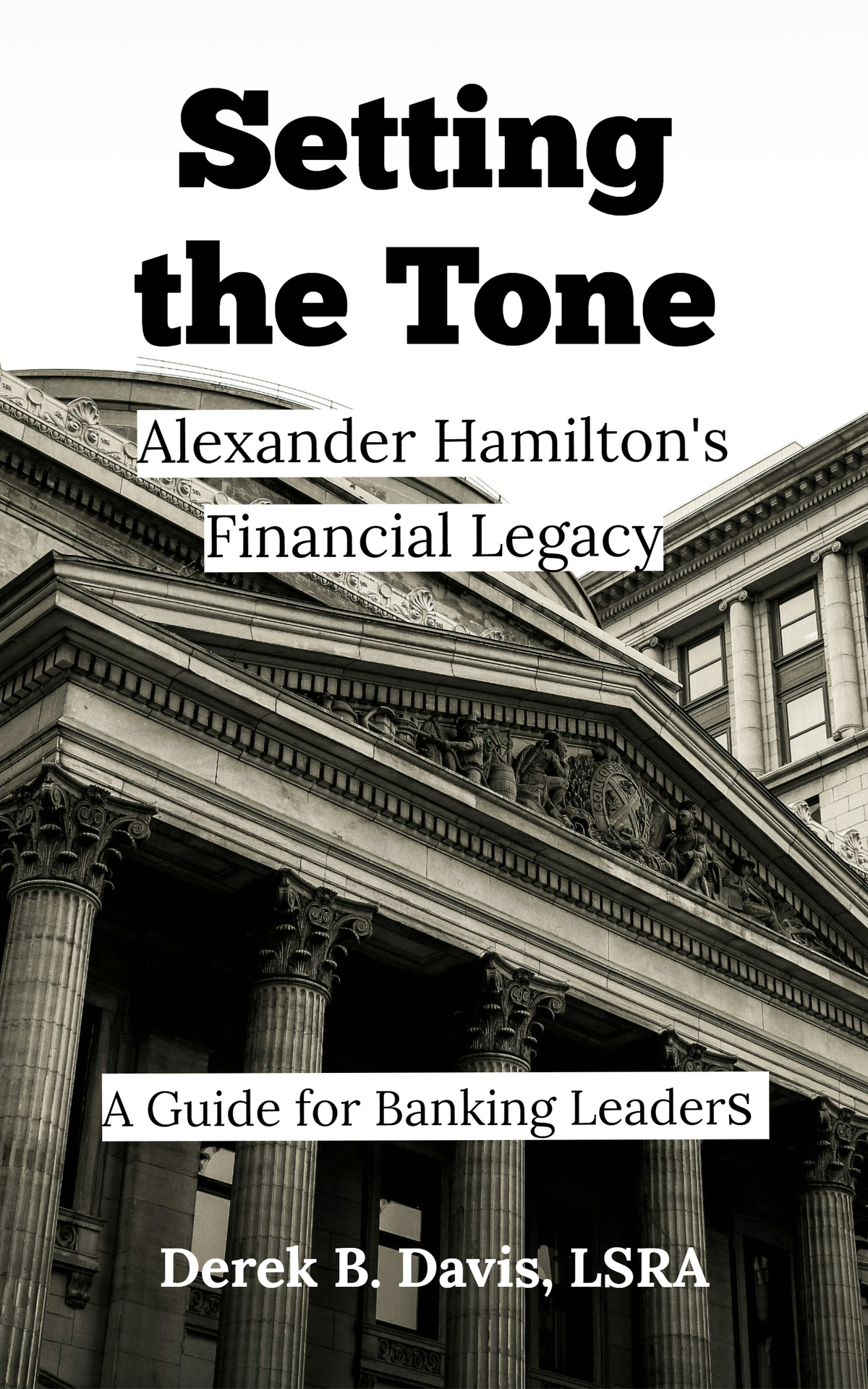

Most ebook files are in PDF format, so you can easily read them using various software such as Foxit Reader or directly on the Google Chrome browser.
Some ebook files are released by publishers in other formats such as .awz, .mobi, .epub, .fb2, etc. You may need to install specific software to read these formats on mobile/PC, such as Calibre.
Please read the tutorial at this link: https://ebookbell.com/faq
We offer FREE conversion to the popular formats you request; however, this may take some time. Therefore, right after payment, please email us, and we will try to provide the service as quickly as possible.
For some exceptional file formats or broken links (if any), please refrain from opening any disputes. Instead, email us first, and we will try to assist within a maximum of 6 hours.
EbookBell Team

0.0
0 reviewsHamilton's advocacy for a central bank was driven by his vision of a robust economy supported by a stable monetary system. He recognized the necessity of a central institution capable of managing the government's finances, stabilizing the currency, and providing credit to foster economic growth and stability (Wright, 2006).
The insights into the interplay between government finance, economic policy, and banking practices were revolutionary at the time and have enduring relevance.
Hamilton’s approach to banking was rooted in his broader financial policies, which aimed to enhance federal authority and secure the economic independence of the new nation. By establishing a centralized bank, Hamilton not only sought to improve fiscal order but also to create a buffer against economic crises, a concept that underpins modern central banking systems (Chernow, 2004).
Hamilton's work laid the foundation for how banks are tied to national economic policy, including his belief in the government's role in regulating and supporting financial institutions. His comprehensive plans for public credit, government bonds, and assumption of state debts were integral in creating trust in American financial systems, and fostering domestic and international investment.
Studying Hamilton's contributions provides critical insights into the complexities of financial systems and the vital role of banking in national development. His visionary policies continue to inform contemporary banking and economic strategies, highlighting the importance of integrating sound fiscal management with broader economic policy.